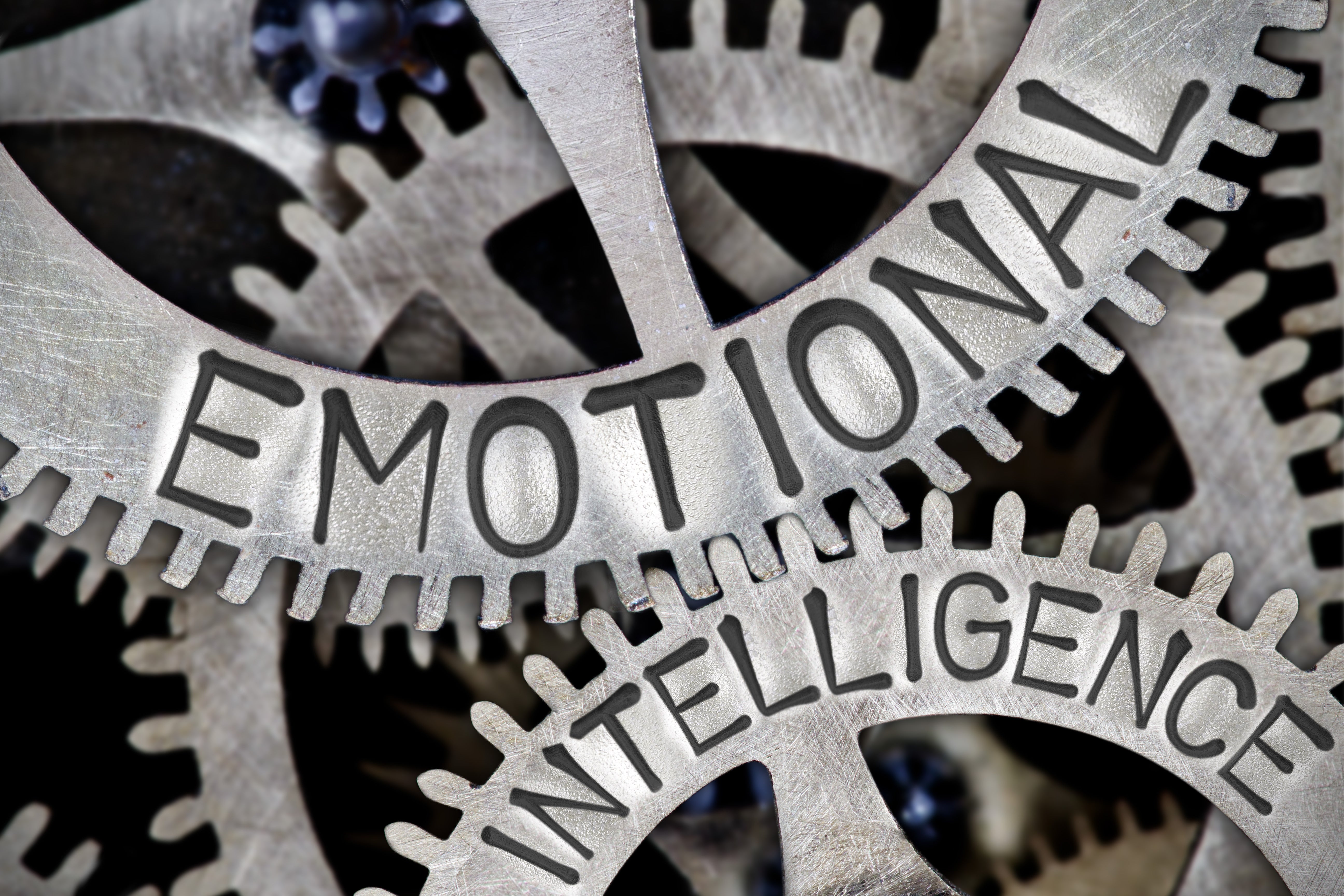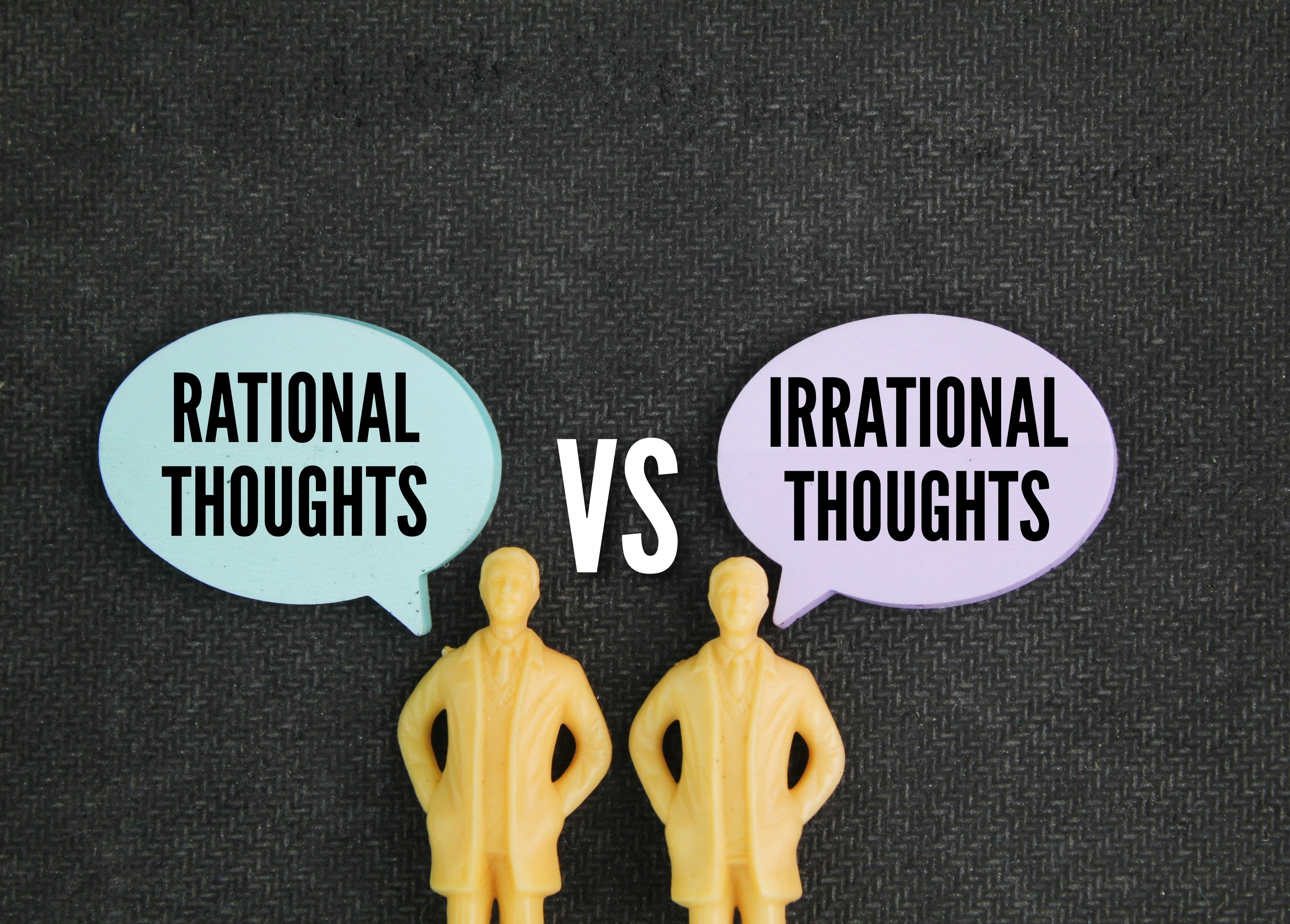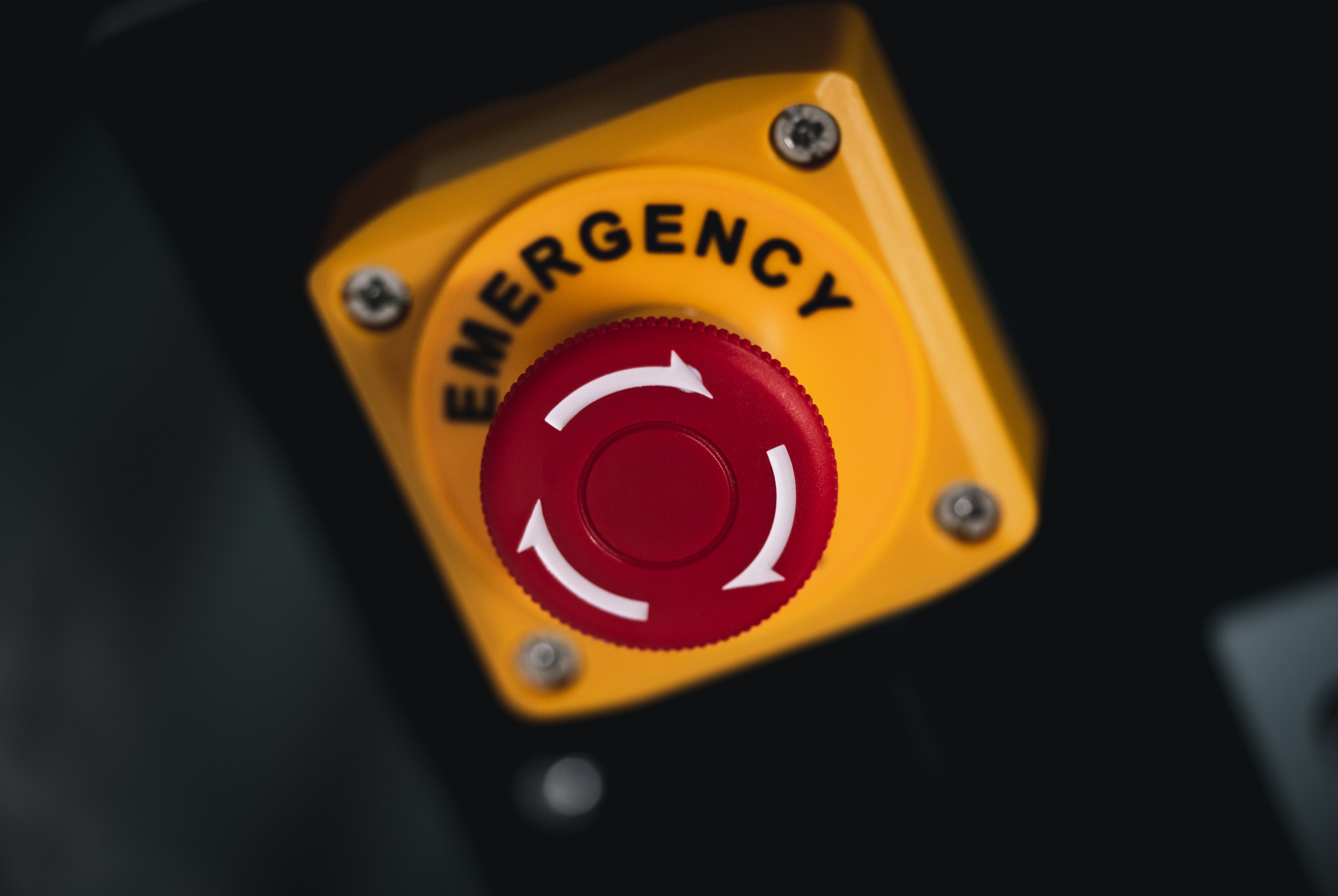The Role of Emotional Intelligence in De-escalation

In an increasingly complex world, the ability to manage emotions and navigate interpersonal relationships has become essential, especially in high-stress environments. Emotional intelligence (EI) plays a pivotal role in de-escalation, allowing individuals to effectively recognize and respond to emotional cues, diffuse tension, and foster constructive communication. This blog explores the significance of emotional intelligence in de-escalation, how it can be cultivated, and its impact on crisis intervention.
Understanding Emotional Intelligence
Emotional intelligence refers to the ability to perceive, evaluate, and manage emotions in oneself and others. It encompasses several key components:
- Self-awareness: Recognizing and understanding one’s emotions and their impact on behavior.
- Self-regulation: The ability to manage emotions and impulses in a constructive manner.
- Empathy: Understanding and sharing the feelings of others, which is crucial in identifying their emotional states.
- Social skills: The ability to build relationships, communicate effectively, and work well with others.
- Motivation: Harnessing emotions to pursue goals with energy and persistence.
These components are interrelated and contribute to an individual’s overall emotional intelligence. High emotional intelligence enables individuals to navigate difficult conversations, manage conflicts, and respond effectively to crises.
The Importance of Emotional Intelligence in De-escalation
- Enhanced Communication: Effective communication is at the heart of successful de-escalation. Emotionally intelligent individuals are adept at expressing their thoughts and feelings clearly while also actively listening to others. This two-way communication fosters an environment of trust and understanding, which can help diffuse escalating tensions.
- Identifying Emotional Cues: During a crisis, emotions can run high, making it challenging to assess a situation accurately. Emotionally intelligent individuals can recognize non-verbal cues—such as body language, facial expressions, and tone of voice—that indicate heightened emotions. By identifying these cues early, they can intervene before a situation escalates further.
- Empathy and Understanding: Empathy is a cornerstone of emotional intelligence and is particularly valuable in de-escalation scenarios. By genuinely understanding the feelings and perspectives of others, emotionally intelligent individuals can create a sense of connection and validation. This approach can help individuals in distress feel heard and understood, reducing their need to escalate their emotions.
- Self-Regulation in High-Pressure Situations: Crises often provoke intense emotions, and individuals may struggle to remain calm under pressure. Those with high emotional intelligence can regulate their emotional responses, maintaining composure and clarity of thought. This self-control is essential for making sound decisions and providing a calming influence in chaotic situations.
- Conflict Resolution: De-escalation often requires resolving conflicts and finding common ground. Emotionally intelligent individuals are skilled in negotiation and conflict resolution, using their social skills to navigate disagreements constructively. By focusing on collaboration rather than confrontation, they can foster an atmosphere conducive to resolution.
Cultivating Emotional Intelligence
Developing emotional intelligence is a lifelong journey that can benefit individuals in both personal and professional settings. Here are several strategies for cultivating emotional intelligence.
- Practice Self-Reflection: Regularly assess your emotional responses to various situations. Consider keeping a journal to track your feelings and reactions. This practice enhances self-awareness and helps identify patterns in your emotional behavior.
- Seek Feedback: Constructive feedback from colleagues, friends, or mentors can provide valuable insights into your emotional responses and interpersonal interactions. Be open to criticism and use it as an opportunity for growth.
- Enhance Empathy: Engage in active listening during conversations. Try to understand others' perspectives and feelings without judgment. Practicing empathy can improve your ability to connect with others and respond appropriately in emotionally charged situations.
- Develop Conflict Resolution Skills: Participate in training or workshops focused on conflict resolution and effective communication. Role-playing scenarios can be particularly beneficial in developing these skills.
- Mindfulness and Stress Management: Mindfulness practices, such as meditation or deep-breathing exercises, can improve self-regulation by helping you stay present and manage stress. When you remain calm and centered, you are better equipped to handle crises effectively.
The Impact of Emotional Intelligence on Crisis Intervention
In fields such as law enforcement, healthcare, and mental health services, emotional intelligence can significantly enhance crisis intervention outcomes. For example:
- Law Enforcement: Officers with high emotional intelligence can de-escalate potentially volatile situations by employing effective communication and empathy. This approach reduces the likelihood of forceful confrontations and fosters community trust.
- Healthcare: In healthcare settings, emotionally intelligent professionals can provide better support to patients and families during crises. By understanding emotional needs and responding with compassion, they can alleviate anxiety and promote a sense of safety.
- Mental Health Services: Mental health professionals who utilize emotional intelligence can build stronger therapeutic relationships with clients, leading to more effective interventions during crises. This connection is vital in helping individuals navigate their emotional challenges.
Conclusion
Emotional intelligence is an invaluable asset in de-escalation and crisis intervention. By enhancing communication, recognizing emotional cues, fostering empathy, and regulating their own emotions, individuals can navigate high-stress situations more effectively. As we continue to confront complex social challenges, prioritizing the development of emotional intelligence will not only improve personal interactions but also contribute to safer and more supportive communities.
Investing in emotional intelligence training and self-development can lead to profound changes in how we approach conflict, ultimately creating environments where understanding and empathy prevail over aggression and hostility.





